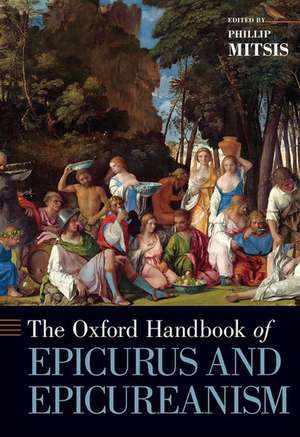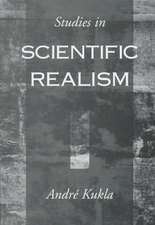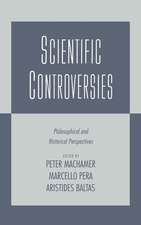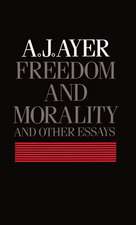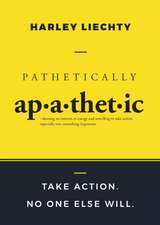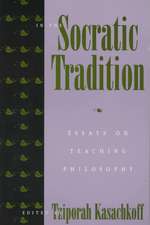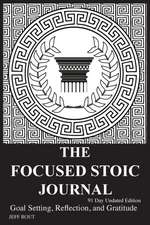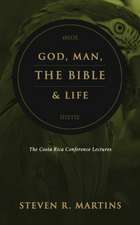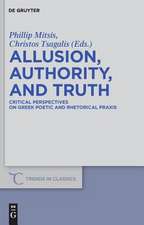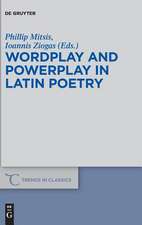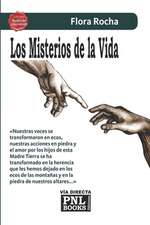Oxford Handbook of Epicurus and Epicureanism: Oxford Handbooks
Editat de Phillip Mitsisen Limba Engleză Hardback – 17 sep 2020
| Toate formatele și edițiile | Preț | Express |
|---|---|---|
| Paperback (1) | 274.41 lei 31-38 zile | +77.09 lei 7-13 zile |
| Oxford University Press – 19 oct 2023 | 274.41 lei 31-38 zile | +77.09 lei 7-13 zile |
| Hardback (1) | 938.52 lei 10-17 zile | |
| Oxford University Press – 17 sep 2020 | 938.52 lei 10-17 zile |
Din seria Oxford Handbooks
-
 Preț: 236.89 lei
Preț: 236.89 lei - 8%
 Preț: 358.80 lei
Preț: 358.80 lei - 17%
 Preț: 912.51 lei
Preț: 912.51 lei - 12%
 Preț: 307.94 lei
Preț: 307.94 lei - 25%
 Preț: 829.05 lei
Preț: 829.05 lei - 14%
 Preț: 987.01 lei
Preț: 987.01 lei - 26%
 Preț: 1376.97 lei
Preț: 1376.97 lei - 29%
 Preț: 929.22 lei
Preț: 929.22 lei -
 Preț: 303.54 lei
Preț: 303.54 lei - 20%
 Preț: 343.85 lei
Preț: 343.85 lei - 14%
 Preț: 278.15 lei
Preț: 278.15 lei - 29%
 Preț: 930.94 lei
Preț: 930.94 lei - 30%
 Preț: 1065.79 lei
Preț: 1065.79 lei - 15%
 Preț: 357.85 lei
Preț: 357.85 lei -
 Preț: 263.45 lei
Preț: 263.45 lei - 23%
 Preț: 839.79 lei
Preț: 839.79 lei - 16%
 Preț: 264.39 lei
Preț: 264.39 lei - 33%
 Preț: 737.68 lei
Preț: 737.68 lei - 33%
 Preț: 725.45 lei
Preț: 725.45 lei - 26%
 Preț: 342.76 lei
Preț: 342.76 lei - 25%
 Preț: 366.95 lei
Preț: 366.95 lei - 13%
 Preț: 304.72 lei
Preț: 304.72 lei - 16%
 Preț: 263.35 lei
Preț: 263.35 lei - 12%
 Preț: 267.23 lei
Preț: 267.23 lei - 33%
 Preț: 815.51 lei
Preț: 815.51 lei - 13%
 Preț: 346.76 lei
Preț: 346.76 lei - 22%
 Preț: 1095.69 lei
Preț: 1095.69 lei - 29%
 Preț: 931.18 lei
Preț: 931.18 lei - 29%
 Preț: 942.77 lei
Preț: 942.77 lei - 24%
 Preț: 1071.82 lei
Preț: 1071.82 lei - 23%
 Preț: 1052.07 lei
Preț: 1052.07 lei - 21%
 Preț: 863.03 lei
Preț: 863.03 lei - 30%
 Preț: 815.25 lei
Preț: 815.25 lei - 29%
 Preț: 855.42 lei
Preț: 855.42 lei - 30%
 Preț: 842.04 lei
Preț: 842.04 lei - 11%
 Preț: 258.32 lei
Preț: 258.32 lei - 29%
 Preț: 859.51 lei
Preț: 859.51 lei - 29%
 Preț: 1083.61 lei
Preț: 1083.61 lei - 15%
 Preț: 273.41 lei
Preț: 273.41 lei - 30%
 Preț: 818.12 lei
Preț: 818.12 lei - 11%
 Preț: 365.23 lei
Preț: 365.23 lei - 21%
 Preț: 359.87 lei
Preț: 359.87 lei - 13%
 Preț: 264.87 lei
Preț: 264.87 lei - 9%
 Preț: 307.08 lei
Preț: 307.08 lei - 28%
 Preț: 845.79 lei
Preț: 845.79 lei - 23%
 Preț: 855.11 lei
Preț: 855.11 lei - 21%
 Preț: 861.04 lei
Preț: 861.04 lei - 12%
 Preț: 250.34 lei
Preț: 250.34 lei
Preț: 938.52 lei
Preț vechi: 1162.72 lei
-19% Nou
Puncte Express: 1408
Preț estimativ în valută:
179.58€ • 187.50$ • 148.63£
179.58€ • 187.50$ • 148.63£
Carte disponibilă
Livrare economică 03-10 martie
Preluare comenzi: 021 569.72.76
Specificații
ISBN-13: 9780199744213
ISBN-10: 0199744211
Pagini: 848
Dimensiuni: 249 x 178 x 61 mm
Greutate: 1.56 kg
Editura: Oxford University Press
Colecția OUP USA
Seria Oxford Handbooks
Locul publicării:New York, United States
ISBN-10: 0199744211
Pagini: 848
Dimensiuni: 249 x 178 x 61 mm
Greutate: 1.56 kg
Editura: Oxford University Press
Colecția OUP USA
Seria Oxford Handbooks
Locul publicării:New York, United States
Recenzii
This handbook is not only an authoritative collection of contributions meant to last, but it also strikes the reader as an impressively rich garland of reader-friendly and generally up-to-date flowers of scholarship that can survive boththorough scrutiny and intellectual fatigue.... With its commendable emphasis on the ancient and modern reception of Epicureanism, this volume can establish itself as the current most comprehensive port-of-call for all budding andadvanced scholars of Epicureanism.
This book is probably the most comprehensive study to date of the philosophy and history of Epicureanism, and a required resource for any serious student of Epicurus.... Highly recommended.
This book is probably the most comprehensive study to date of the philosophy and history of Epicureanism, and a required resource for any serious student of Epicurus.... Highly recommended.
Notă biografică
Phillip Mitsis is Professor of Classics and Hellenic Studies at New York University and Affiliated Professor of Philosophy, as well as Academic Director of the American Institute for Verdi Studies. He is a past president of the Society for Ancient Greek Philosophy and a Fellow of the New York Institute for the Humanities.
